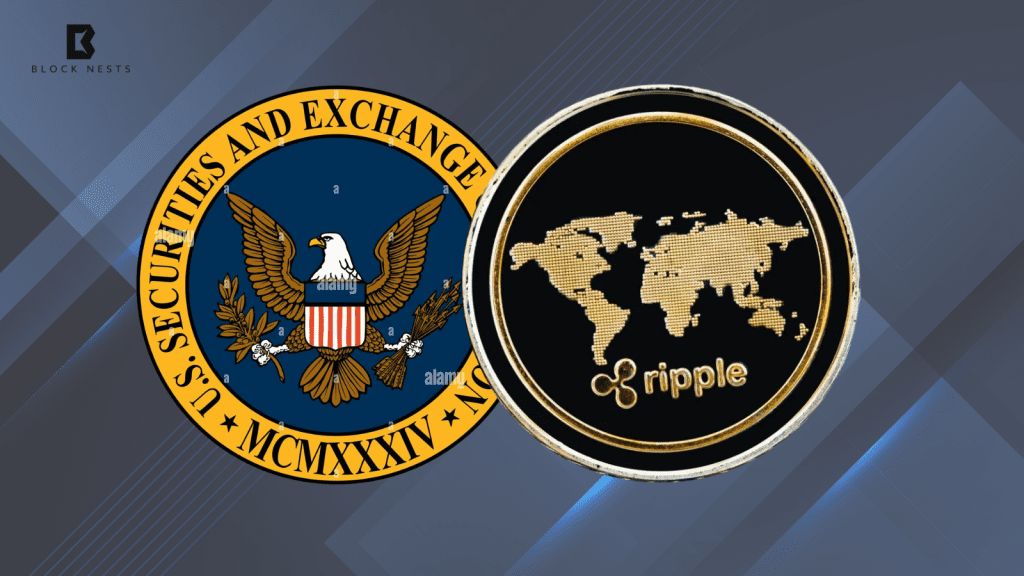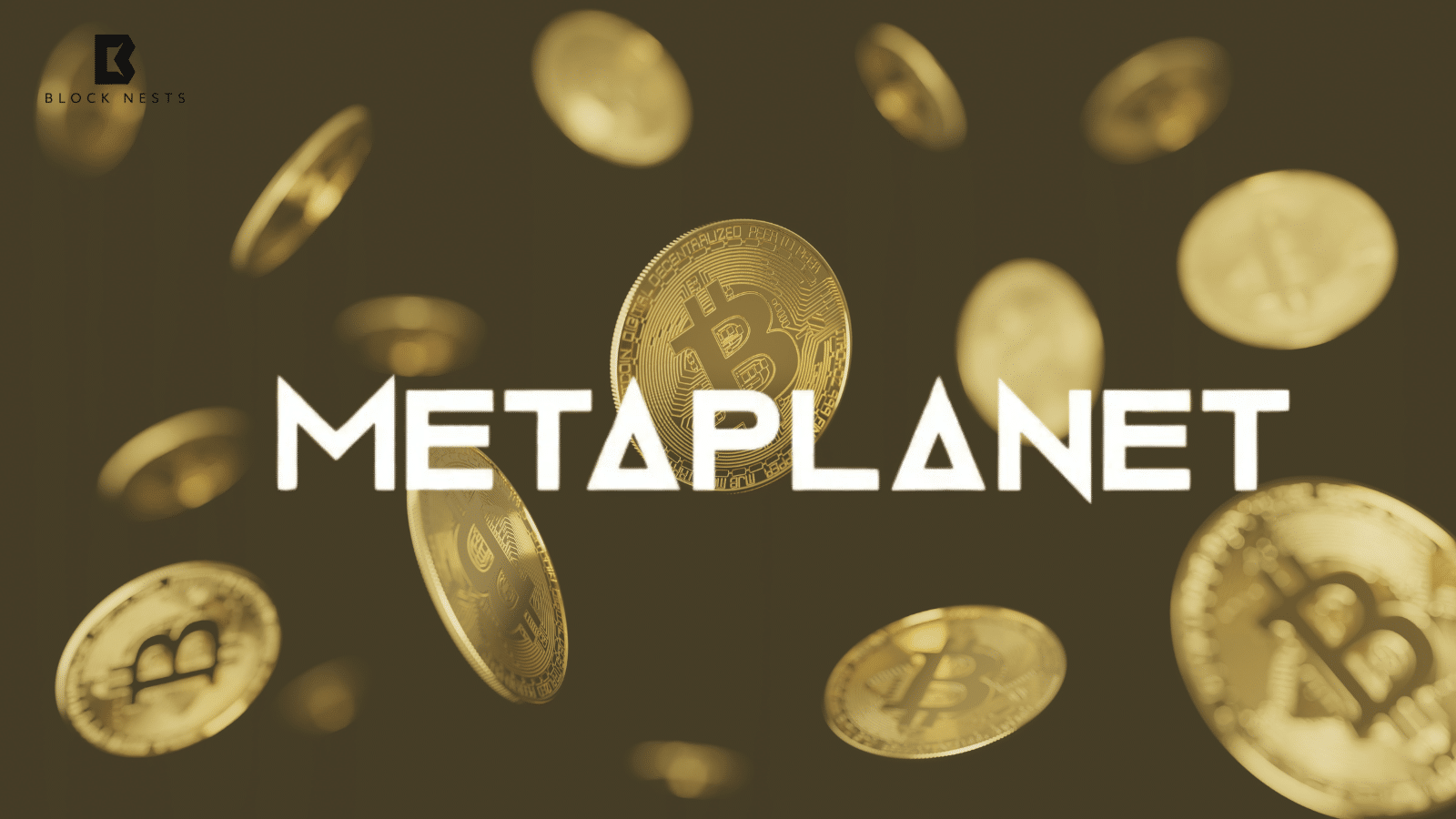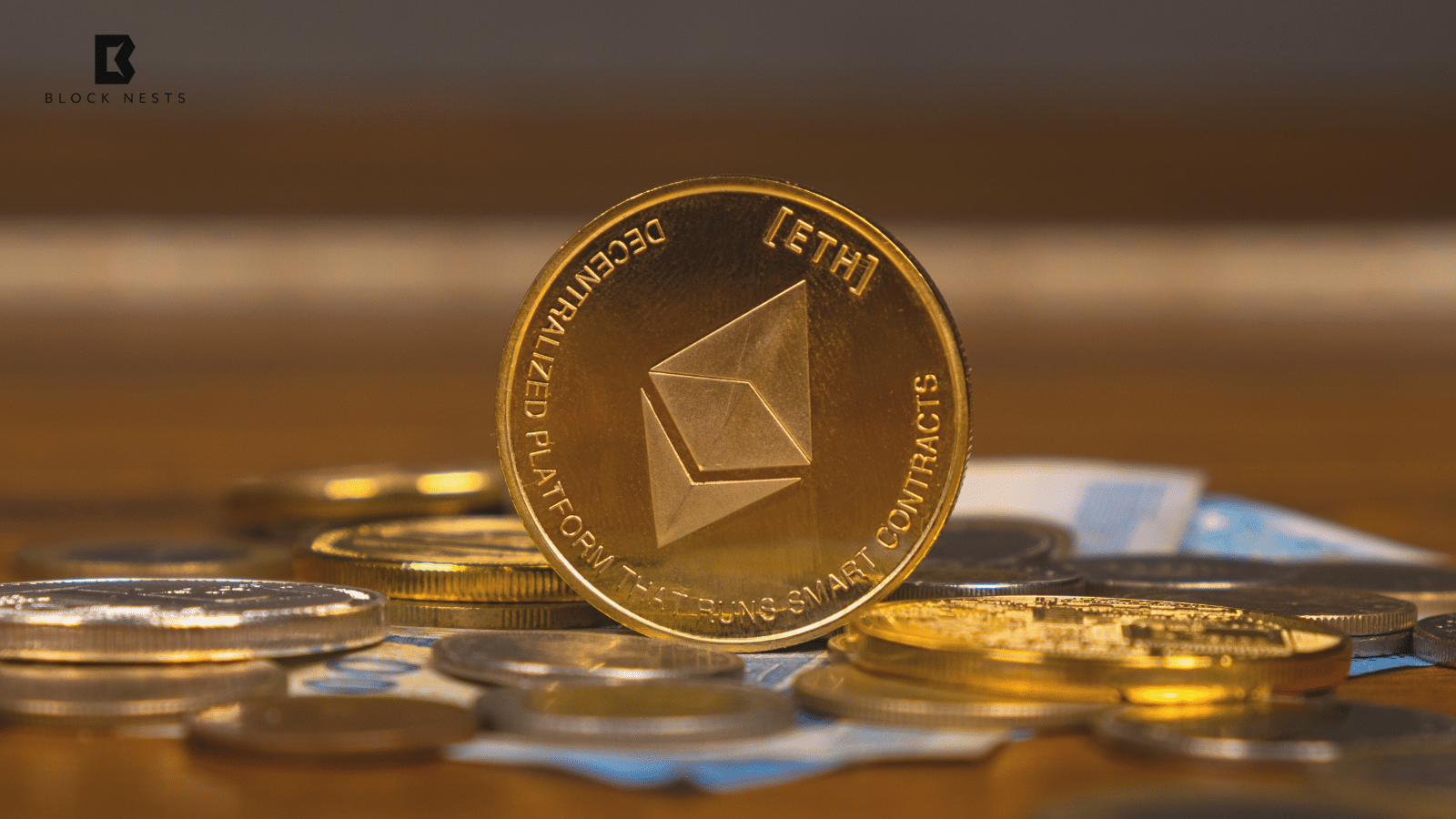- Ripple and the SEC’s near-final settlement was disrupted after Judge Analisa Torres declined to issue an indicative ruling due to procedural flaws.
- The proposed deal included the SEC dropping its appeal on XRP secondary sales, Ripple paying a reduced $50M fine, and lifting the injunction on institutional sales.
- Judge Torres cited a lack of compelling justification and concluded that lifting the injunction did not serve the public interest.
The legal standoff between Ripple Labs and the U.S. Securities and Exchange Commission (SEC) has taken another unexpected turn, just as both parties seemed poised to bring their multi-year courtroom battle to a close. A surprise procedural setback from Judge Analisa Torres has reignited uncertainty, delaying a potential resolution that had looked imminent.
According to attorney John Deaton, a prominent voice in the XRP community, Ripple and the SEC had reached a near-final settlement, and the SEC had agreed to abandon its appeal over XRP’s secondary market sales, a pivotal move following last year’s partial legal win for Ripple. In return, Ripple consented to drop its cross-appeal concerning earlier institutional sales of XRP and agreed to pay a significantly reduced fine: down from a staggering $150 million to $50 million.
🚨LIVE NOW! Tune in as @JohnEDeaton1 breaks down Judge Torres' decision to deny the SEC/Ripple Motion for Settlement.
— CryptoLaw (@CryptoLawUS) May 16, 2025
What it means and why it matters. https://t.co/PkkpgMSRuo
This compromise would also lift the injunction currently restricting Ripple’s institutional XRP sales, a move seen as critical for Ripple to fully re-enter the U.S. market on its terms.
The parties jointly sought what’s known as an “indicative ruling” from Judge Torres. This type of ruling isn’t a final decision but rather a signal of how the court might rule if the appeals court formally sends the case back down for settlement approval.
Ripple SEC Motion Rejected by Judge Torres
But the narrative took a dramatic twist when Judge Torres declined to issue the indicative ruling. Her reason? Procedural deficiencies and a lack of compelling argumentation regarding the “heavy burden” required to lift the longstanding injunction. She found that Ripple violated securities laws in institutional sales. She did not believe undoing her prior ruling served the public interest.
#XRPCommunity #SECGov v. #Ripple #XRP Judge Torres has denied the parties’ motion for an indicative ruling. “If jurisdiction were restored to this Court, the Court would deny the parties’ motion as procedurally improper.” pic.twitter.com/4s95ILvzsy
— James K. Filan 🇺🇸🇮🇪 (@FilanLaw) May 15, 2025
“This isn’t just about missed paperwork,” Deaton clarified. “It’s about trust and timing. After years of hard-fought litigation, the judge may be wary of the SEC’s sudden retreat, especially after it consumed so many of the court’s resources both in time and taxpayer dollars.”
Now, both Ripple and the SEC find themselves in the unexpected position of having to further justify their joint resolution. Specifically, they must demonstrate that lifting the injunction benefits not only the companies involved but also the broader public and regulatory framework.
Deaton argues that sophisticated financial institutions like banks and hedge funds, not everyday retail investors, make up Ripple’s institutional customers. As such, the injunction may no longer serve a meaningful public protection role. If Ripple and the SEC can convincingly argue this point in a joint legal brief, Judge Torres may ultimately approve the revised settlement.
Ripple SEC Case Faces New Delay Before Settlement
Though the end appears closer than ever, Deaton warns that this unexpected “speed bump” could add several more months to the case. “This isn’t a stalemate, but it is another delay,” he said. Once Judge Torres is satisfied with the new arguments, she lifts the injunction. Then, the Second Circuit Court of Appeals would receive the case for remand. Only then can the court formally approve the final settlement and bring the case to a close.
This case has long stood as a legal litmus test for crypto regulation in the United States. A definitive resolution would not only clarify matters for Ripple and XRP holders but also set important precedents for how securities laws treat digital assets.
With regulators, innovators, and investors watching closely, every twist in this courtroom drama sends ripples far beyond Ripple itself. Until then, the crypto community holds its breath yet again.
Related | Pi Network faces backlash after 100 million fund announcement
How would you rate your experience?






